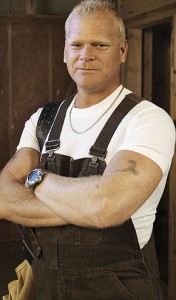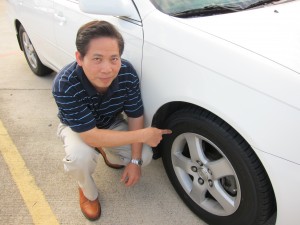Watchdog Nation was on to a major story.
At a local Walmart recently, we noticed these giant things hanging over the cash register area.
They appear to be microphones.
Watchdog Nation surmised that Walmart security experts want to hear what their customers are saying as they get to checkout.
So we contacted Walmart media relations and left a message. They ignored us.
So we called them.
And when they called back, we told them about the long poles. We asked that they get back to us.
They never did.
So we went back to the store to ask employees.
But when we got there, the long poles were gone.
Did the bugging of America come to a halt?
Well, an employee told us that the poles were speakers, not microphones. And the speakers were so customers could hear the sound coming from the TV sets atop each register station.
And when the TV sets were removed, the speakers were taken down soon after.
Mystery solved.
Walmart is NOT bugging America.
But it never hurts to ask!
Visit Watchdog Nation Headquarters![]()
Like Watchdog Nation on Facebook![]()
Watch Watchdog Nation on YouTube![]()
– – – – – – – – – – – – – – – – – – – – – – – –
More Watchdog Nation News:
Watchdog Nation Partners with Mike Holmes
America meets Watchdog Nation/Listen to Fun Radio Interview
Watchdog Nation Debuts New e-Book and Multi-CD Audio Book
– – – – – – – – – – – – – – – – – – – – – – – –


















 \
\











